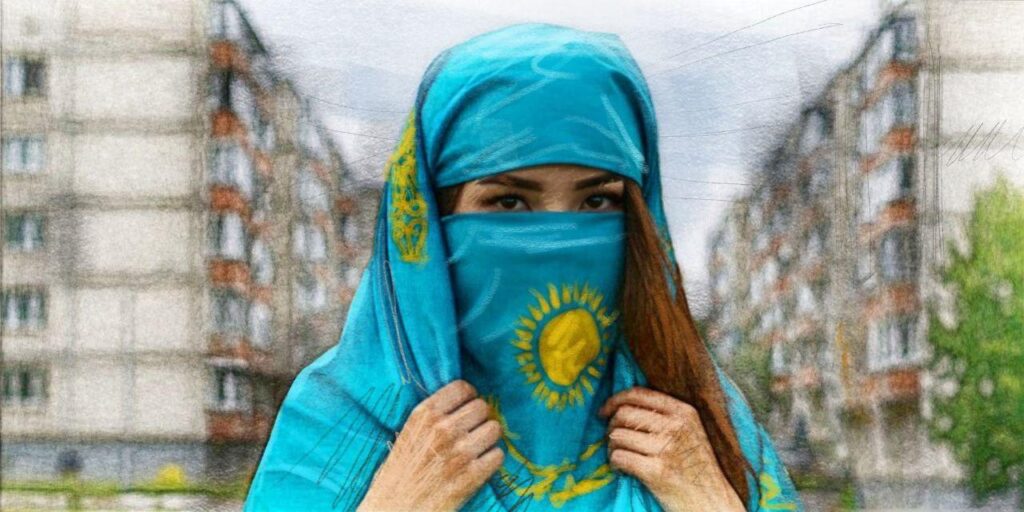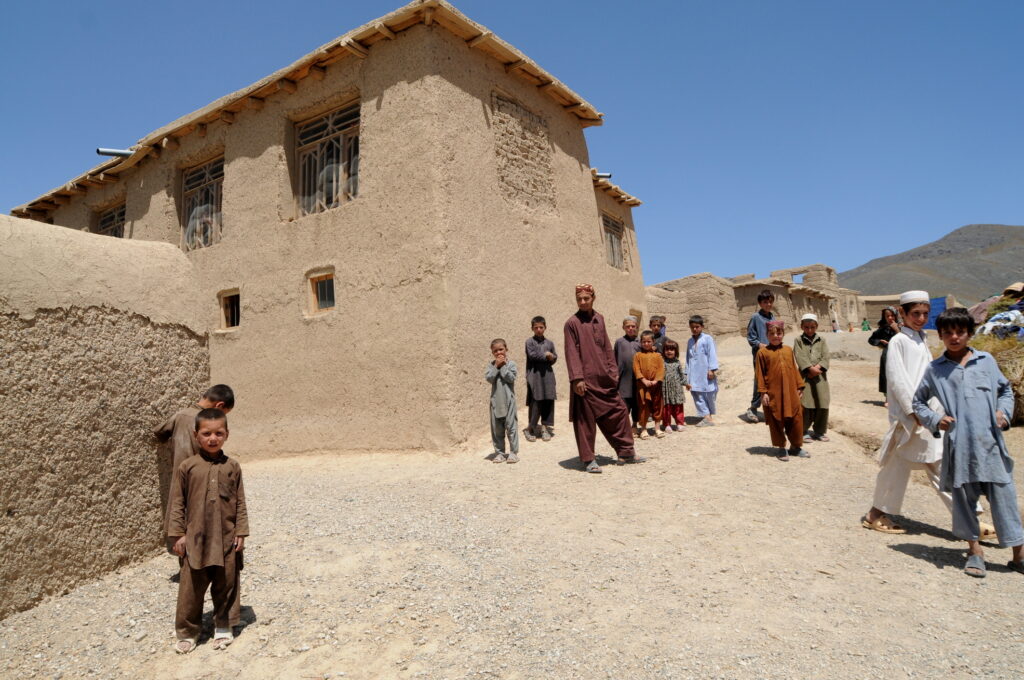DUSHANBE (TCA) — The U.S. Embassy in Tajikistan said on June 9 that the trial and harsh sentencing of Islamic Renaissance Party of Tajikistan (IRPT) leaders “silence opposition voices and discourage free and open participation in Tajikistan’s democratic development.”
Tajikistan’s Supreme Court sentenced leaders of the Islamic Renaissance Party of Tajikistan (IRPT) on June 2 to lengthy prison terms on charges of attempting to overthrow the government in early September 2015. Tajik authorities blamed the IRPT for organizing the mutiny, while the Supreme Court banned the party, designating it an “extremist and terrorist organization.”
The Supreme Court sentenced the IRPT’s first deputy and deputy chairmen, Saidumar Husaini and Mahmadali Hayit, to life in prison. Rahmatulloi Rajab, Sattor Karimov, Kiyomiddini Azav, and Abdukahhori Davlat, other party leaders, all were sentenced to 28 years in prison. The senior IRPT legal adviser, Zarafo Rahmoni, the only woman among the defendants, was sentenced to two years.
“We have urged the Government of Tajikistan to conduct trials in a fair and transparent manner, as well as to protect the rights of the accused throughout the process in a manner consistent with Tajikistan’s international obligations under the International Covenant on Civil and Political Rights,” the U.S. Embassy said in a statement.
The U.S. Embassy has also raised with the Tajik government its concerns that the public was not allowed to attend and observe the proceedings.
“The long-term security, stability, and prosperity that Tajikistan desires can only come through a strong commitment to the protection of human rights and fundamental freedoms for all, including fair trial guarantees and equal participation by all citizens in the democratic process,” the Embassy said.
International rights watchdogs including Human Rights Watch, the Norwegian Helsinki Committee, and the Association for Human Rights in Central Asia on June 7 said that the US, EU member states, and Tajikistan’s other international partners “should respond to the sentences with targeted punitive measures against Tajik officials unless concrete human rights improvements are made, including setting aside the opposition leaders’ convictions.”









